Every few weeks, another story hits the headlines: an AI generated report filled with fake citations, a chatbot that confidently invents case law, a brand that goes viral for an automated response gone wrong.
It’s easy to laugh, or panic, but these moments reveal something deeper. They’re not about bad technology, instead, they’re about what happens when human responsibility fails to keep pace with technological capability.
Across industries, organizations are racing to integrate AI to write faster, analyze more data, and automate decisions. But too often, the governance doesn’t scale with the ambition. The pressure to move fast overshadows the need to verify, question, and validate.
And that’s the real readiness gap.
AI didn’t fail. Humans did
When a government report includes citations that don’t exist, or a lawyer submits AI fabricated cases, or a marketing team launches an insensitive AI generated campaign, the common denominator isn’t the model, it’s the mindset behind that work.
Responsible AI use starts long before any prompt is written. It begins with teams who know how to think critically, challenge confidently, and check the checker. It requires people who feel psychologically safe enough to ask: “Are we sure this is accurate?” even when the output looks impressive.
The missing link is collective responsibility
Technology moves faster than any single individual can keep up with. That’s why readiness has to be collective. It’s not about one expert knowing how to prompt an AI tool, it’s about entire teams learning how to govern curiosity, validate outcomes, and own the ethical boundaries of what they produce.
At HumanQ, we see this every day. The organizations most prepared for AI aren’t those with the most tools; they’re the ones with the most alignment, teams who know how to think together, question together, and act responsibly together.
Responsible AI is not a compliance box. It’s a cultural muscle
Building that muscle takes time, repetition, and conversation. It means creating the space — structured, intentional space — for people to explore where AI helps and where it harms, where it speeds up progress and where it risks trust.
Because in the end, the story of AI won’t be written by algorithms. It will be written by the humans who choose how to use them.
✨ Ready to raise the bar? Build your first QPod → HERE











